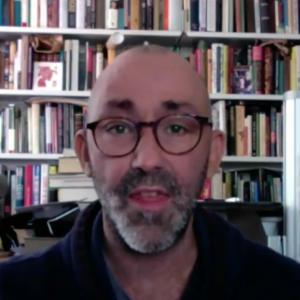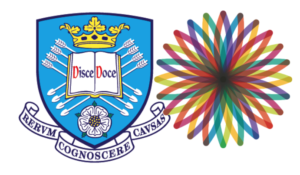SELF Discipline
through social responsibility
Teachers face a complex psycho-social dynamic in every lesson, often exhibited as indiscipline and ‘low-level disruption’. Though a discipline policy can be well-defined, a culture of implementation relies on ill-defined ‘soft-skills’ to foster positive relationships and motivate students. ABC State is an innovative intervention/method/mechanism by which students and teachers evaluate the state of social self-organisation in order to improve their social cohesion.
The lack of transference of ‘sharing good practice’ indicate a fundamental misunderstanding of the problem: social skill or cooperation is less a skill to be taught, and more a natural capacity to be exercised in each and every lesson. We learn from experience, our individual actions within our social context.
David M. Pinto
PGCE & PhD Candidate

Accepted to study pure mathematics at Oxford, David decided that the world did not need another mathematician and that he needed a practical as well as theoretical foundation for social phenomena, so he decided to study Social Anthropology at Edinburgh. Influenced strongly by a postmodern bricoleur approach, David took teaching in secondary schools as a form of field work where he developed metacognitive and social learning tools to help students learn about themselves, each other and mathematics. This is collected in a booklet, Inspiring Change.
Having returned to education after going bankrupt with a startup (now Sqale), David looked to academia to understand why ABC State worked. He enrolled at University of Sheffield Information School to conduct research at local schools to derive evidence for the efficacy of ABC State, whether social cohesion can be learned on the job (as he had done) or a specialist was required (as he had become).

“Between stimulus and response there is a space. In that space lies our freedom and our power to choose our response. In our response lies our growth and our happiness.” (Frankl 1946)
Social Science
using relational methods
Whatever the results from school, the complicated structure of fragmented knowledge across specialised disciplines poses problems of replication, transference and practitioner adoption. Anticipating these problems, a bold hermeneutic method is proposed, Reflexive Reading, wherein academics are invited to verify their concurrent reading experience.
“The dependence of social structure upon intentional human agency also entails an inescapable hermeneutic moment in social science, one that… may be of greater consequence than any similar or comparable moment in natural science.” (Lawson, Economics and Reality, p.34).
Both ABC State and Reflexive Reading actuate transformative praxis in order to reduce the practice-theory divide. By establishing transcendental, relational meta-methods, we hope to empower a social science capable of dealing with complex, chronic and pervasive social problems.

